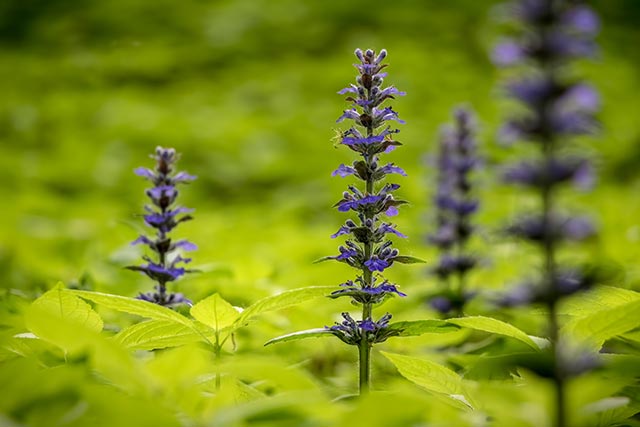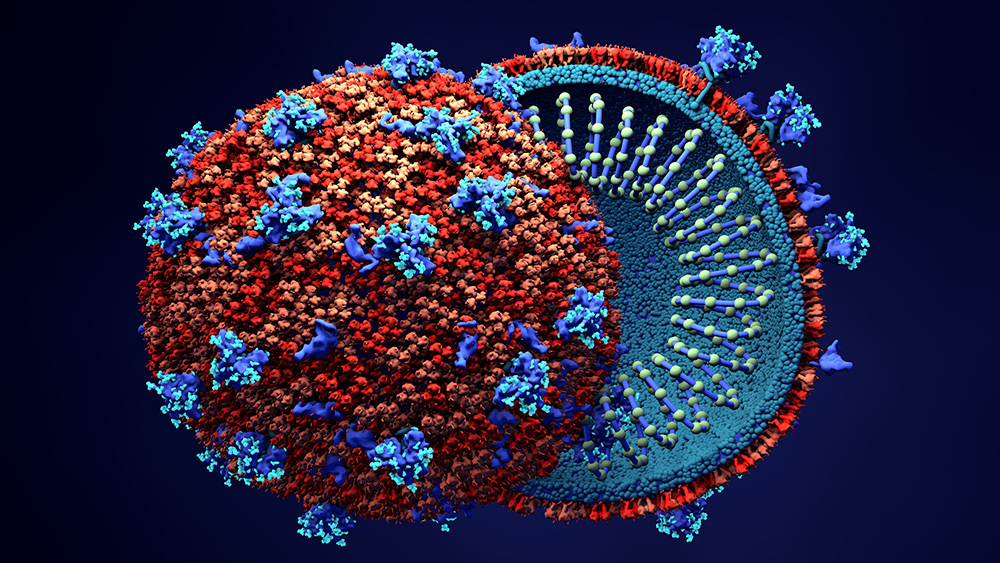A review on the botanical characteristics and health benefits of Ajuga plants
06/22/2020 / By Evangelyn Rodriguez

In this article, Chinese researchers presented a comprehensive summary of the botanical characteristics, ethnomedical uses, phytochemical, pharmacological and toxicological studies of plants from the genus Ajuga (bugleweed). Their review was published in The American Journal of Chinese Medicine.
- Ajuga plants are important medicinal plants traditionally used for the treatment of rheumatism, fever, gout, sclerosis, analgesia, inflammation, hypertension, hyperglycemia, joint pain, palsy and amenorrhea.
- However, only a few reports discuss the clinical use and toxicity of these plants.
- To date, more than 280 compounds have been isolated and characterized from Ajuga plants.
- Among these, neo-clerodane diterpenes and diterpenoids, phytoecdysteroids, flavonoids and iridoids are the major compounds that show a wide variety of biological activities.
- These activities include anti-inflammatory, anti-nociceptive, anti-tumor, antioxidant, anti-diabetic, antimicrobial, antifeedant, anti-diarrheal, hypolipidemic, diuretic, hypoglycemic, immunomodulatory, vasorelaxant, larvicidal, anti-mutagenic and neuroprotective activities.
The researchers believe that Ajuga plants possess huge therapeutic potential and more studies should explore their toxicity and clinical applications, especially the biological activities of their active components.
Journal Reference:
Luan F, Han K, Li M, Zhang T, Liu D, Yu L, Lv H. ETHNOMEDICINAL USES, PHYTOCHEMISTRY, PHARMACOLOGY, AND TOXICOLOGY OF SPECIES FROM THE GENUS AJUGAL.: A SYSTEMATIC REVIEW. The American Journal of Chinese Medicine. 2019;47(05):959–1003. DOI: 10.1142/s0192415x19500502
Tagged Under: alternative medicine, Bugleweed, disease treatments, herbal medicine, Herbs, natural cures, natural medicine, phytonutrients, plant medicine, remedies, research



















